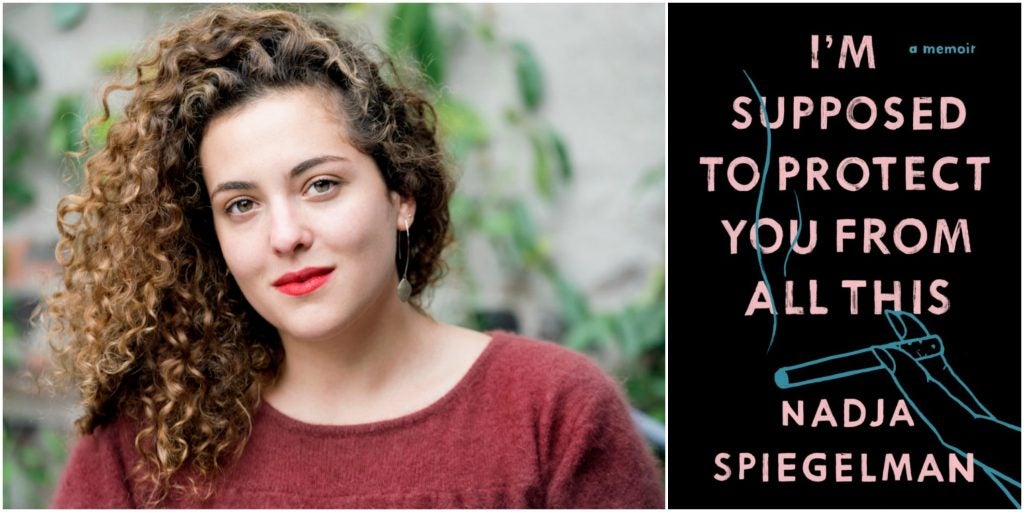On “I’m Supposed to Protect You from All This”: An Interview with Nadja Spiegelman
In college I had a writing teacher who said, “If you’re ever writing about a childhood memory and you think your mother was wearing a blue dress, but you’re not sure if your mother was wearing a blue dress, then don’t write that.” And it’s great advice, but it sent me into this whole tailspin about what it means about myself if I imagined her wearing that. What else would be inaccurate? Did it mean the whole memory was fake? So, I became very interested in family stories as a place where narrative, and the facts, are constantly in contention. It’s a sphere where there is no proof, no objective truth of any matter, and I think that among all people who share large parts of their lives — families, couples who’ve been together for a while — this argument is very common.
On “I’m Supposed to Protect You from All This”: An Interview with Nadja Spiegelman Read More »
In college I had a writing teacher who said, “If you’re ever writing about a childhood memory and you think your mother was wearing a blue dress, but you’re not sure if your mother was wearing a blue dress, then don’t write that.” And it’s great advice, but it sent me into this whole tailspin about what it means about myself if I imagined her wearing that. What else would be inaccurate? Did it mean the whole memory was fake? So, I became very interested in family stories as a place where narrative, and the facts, are constantly in contention. It’s a sphere where there is no proof, no objective truth of any matter, and I think that among all people who share large parts of their lives — families, couples who’ve been together for a while — this argument is very common.




